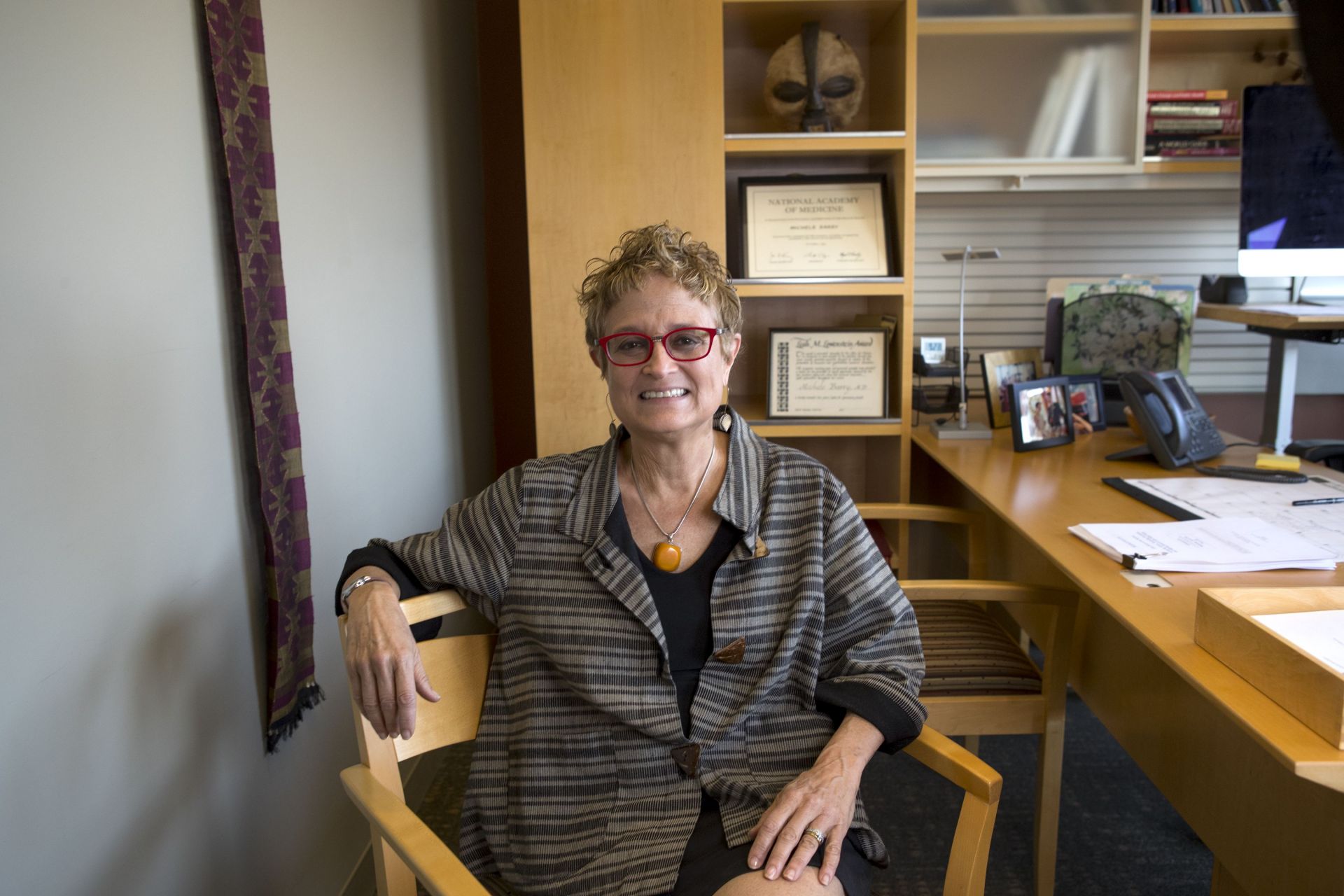The Center for Innovation in Global Health Challenges the Global Health Status Quo With WomenLift Health
“Despite comprising 70% of the global health workforce, women hold only 25% of leadership positions, a disparity that compromises health outcomes and initiatives around the world,” says Michele Barry, MD, founder of WomenLift Health and Director of Stanford’s Center for Innovation in Global Health. She and Amie Batson, Executive Director of WomenLift, have been tackling this issue head-on.
In 2020, the center launched WomenLift Health, an organization dedicated to expanding the power and influence of talented and diverse women in global health and to catalyzing systemic change to achieve gender equality in leadership. WomenLift Health was born out of the Women Leaders in Global Health Conference that began at Stanford in 2017 and has spread globally. Now, with funding from the Bill & Melinda Gates Foundation, they have hit the ground running, assembling thousands of people around this central and critical goal.
“WomenLift Health has already passed some tremendous milestones in its first year,” says Barry. “Today, we are proud of those accomplishments, but there is much, much more we need to do to affect transformative change for women working in global health in all sectors.”
Change at Scale
The COVID-19 pandemic has hit women hard—exacerbating the inequalities in our health and economic systems. The year 2020 saw dramatic spikes in domestic violence, loss of employment for women, reductions in sexual and reproductive health services, and incredible sacrifice by the predominantly female health care workforce, resulting in concerns that the pandemic could set back gender equality for decades.
But the pandemic has also presented opportunities. Women at every level are redefining what it means to be an effective leader in the 21st century—and nowhere is it more evident than in the decisions that women leaders are making to curb the spread of the virus. It is clear that gender parity in leadership is more than an issue of equity: It is the missing link that will help us solve complex health challenges.
“This is not about ‘fixing women’ but changing organizations and society. We also have to influence the environment where women live and work, transforming the policies and norms that impact them every day”

